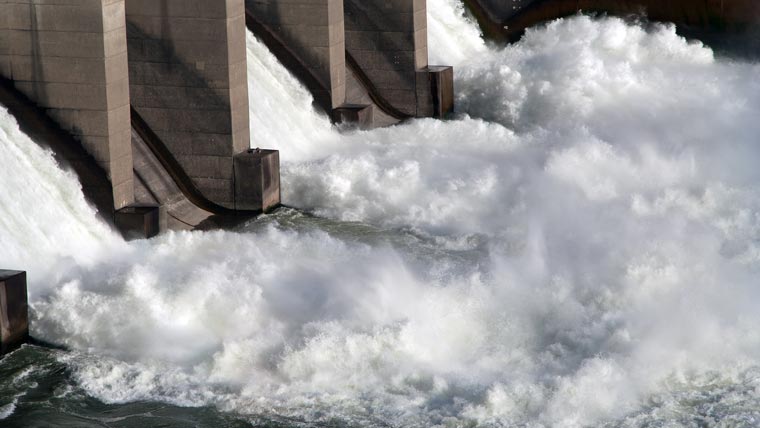After you have received study requests in the Federal Energy Regulatory Commission (FERC) licensing process, how do you determine which studies to pursue? The answer depends on which of the three licensing processes you use: the Integrated Licensing Process (ILP), the Traditional Licensing Process (TLP), or the Alternative Licensing Process (ALP).
There are several factors to consider when deciding which studies to pursue. The standards set by the FERC or study requests in the ILP are a good rule of thumb to follow, regardless of the licensing process used. According to 18 CFR § 5.9 (b), each study request should:
- Describe the goals and objectives, and the information to be obtained from the study
- Explain the relevant resource management goals of the agencies or tribes with jurisdiction over the resource studied
- If the requestor is not a resource agency, explain the relevant public interest considerations
- Describe the existing information and the need for additional information
- Explain the nexus between project operations and effects on the resource to be studied, and how the study results would inform development of license requirements
- Explain how the study methodology is consistent with generally accepted practice
- Describe the effort and cost to conduct the study and why alternative proposed studies are not sufficient to meet the information needs
By evaluating each of these factors, the studies you pursue will provide the information FERC needs to conduct its environmental analysis and develop license conditions. In general, the studies conducted must provide information that is not currently available, address issues that may be impacted by the operation of the project, follow normal scientific practice, and they must not result in extraordinary cost or effort to complete.
If you are interested in additional information on determining appropriate studies for relicensing, I will be presenting on the topic at the National Hydropower Association Midwest Regional Meeting in St. Louis on May 11th, 2022.

